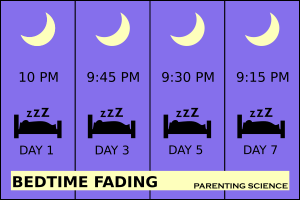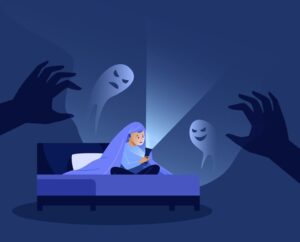Does screen time cause sleep problems children?
Research indicates that screen time can cause sleep problems for children. Exposure to artificial light at night is part of the trouble, but so is the sleep-disturbing nature of electronic content. And individual differences mean that some children are affected more than others. Read more about the risk factors, and the steps you can take to minimize sleep disruption.











